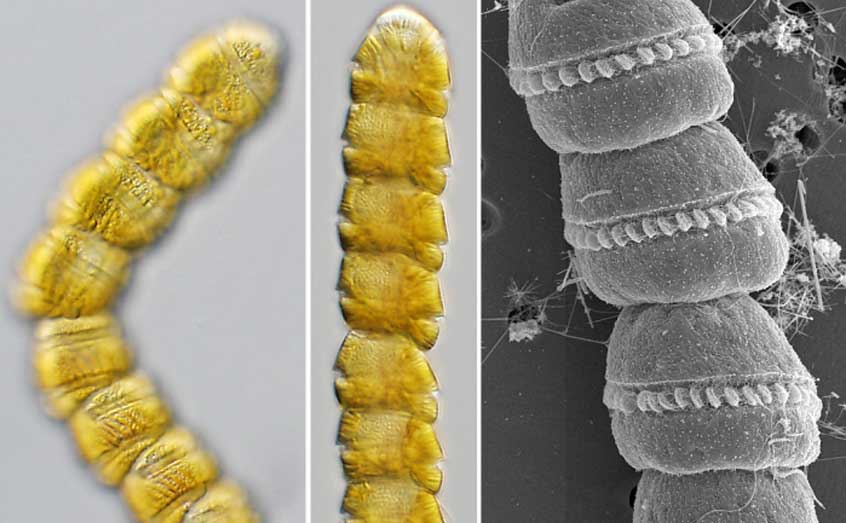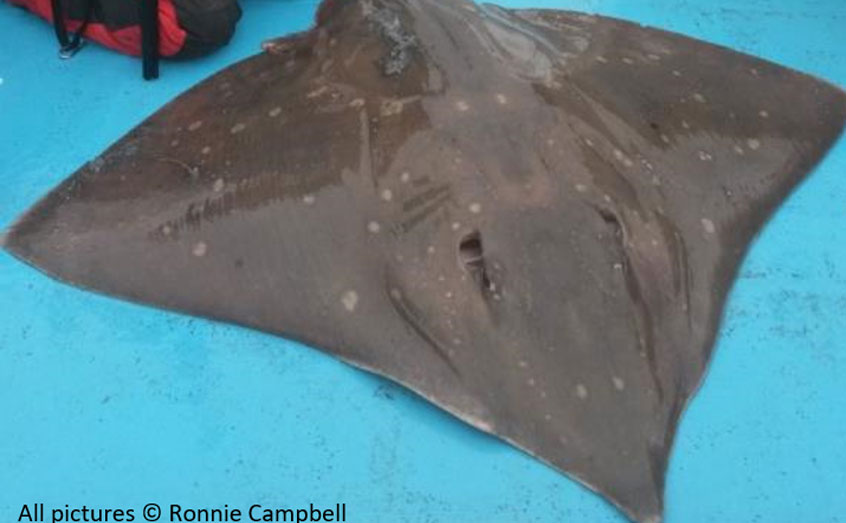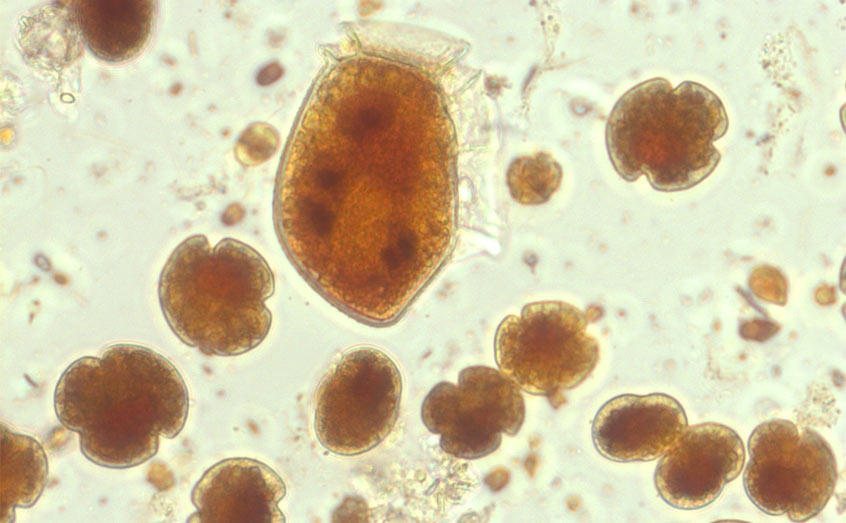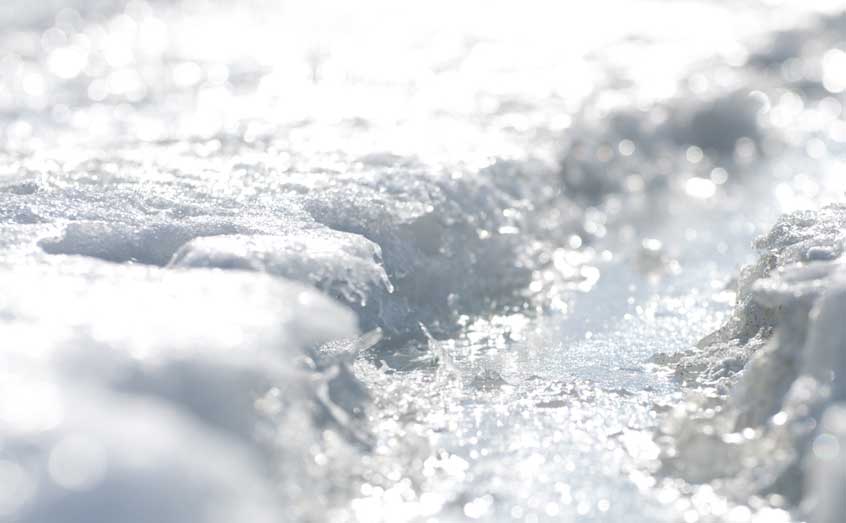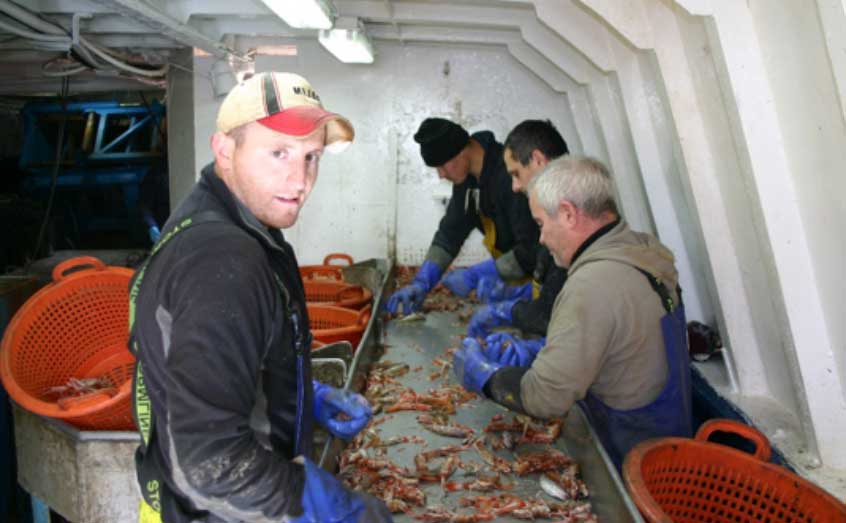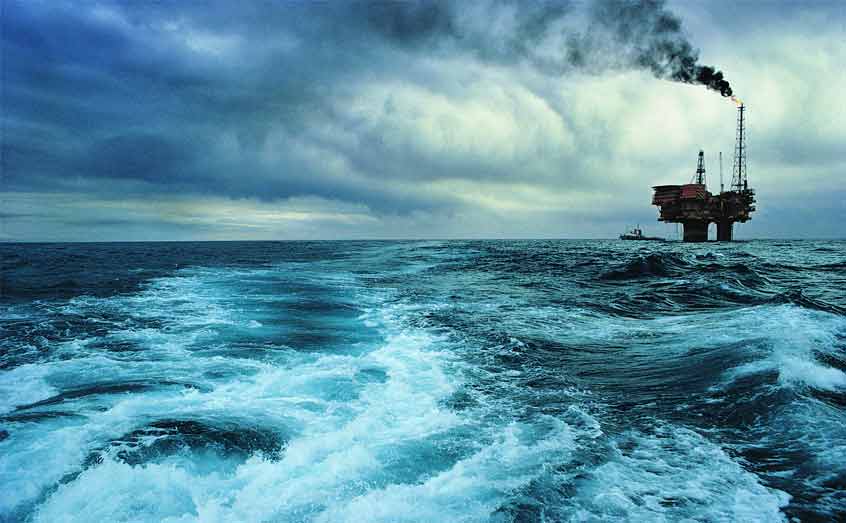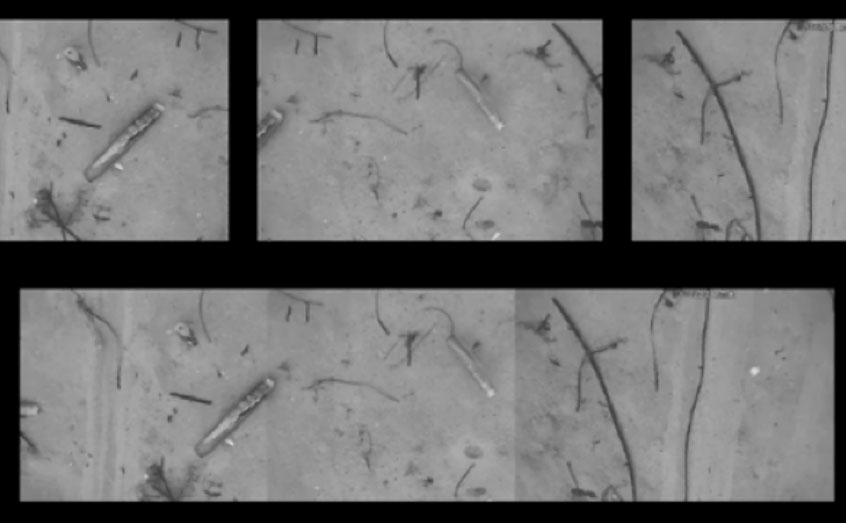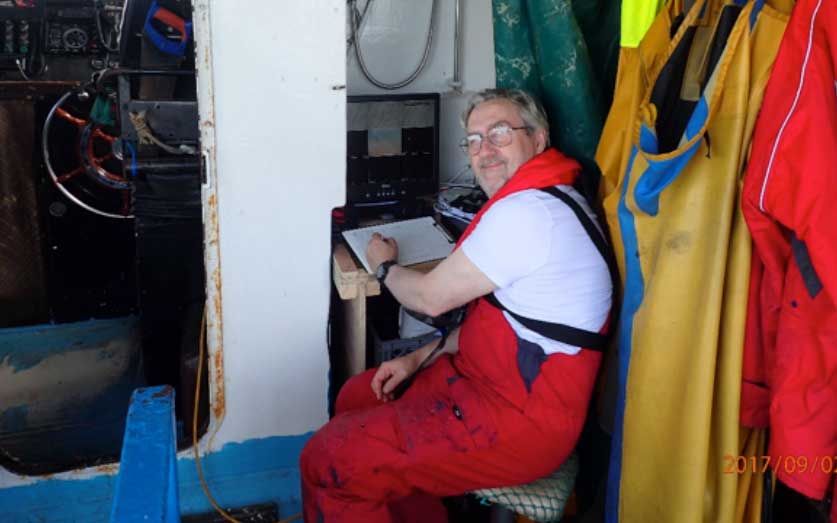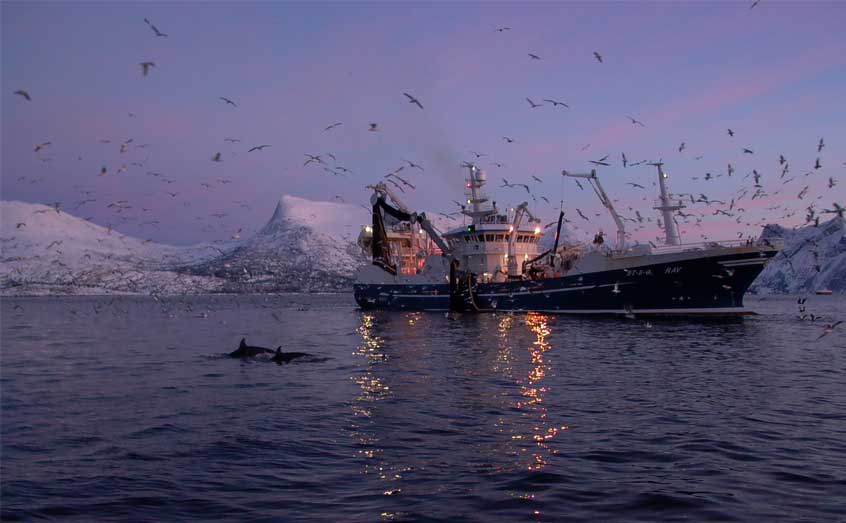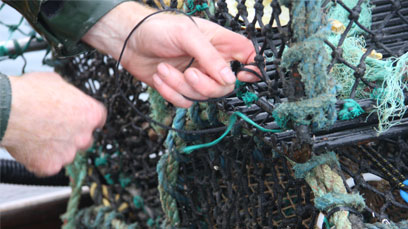People have been catching fish and shellfish for many thousands of years and fishing is an important way of life and income source defining many coastal communities around the world.
Our burgeoning human population and advances in fishing technology have, however, led to overexploitation of many fish and shellfish stocks. According to the FAO (2016) around 20% of commercial stocks are over-exploited with the majority being fully exploited. These latter stocks can easily tip into being over-exploited if supporting science or controls on the fisheries are weak.
But there is hope - with proper management we know that stocks can often recover and reach their full productivity. Science and research have a vital role to play in supporting such success.
SAMS research aims to support the development of more sustainable and profitable fisheries through improved knowledge of the ecosystem, the development of new survey methods, the development of more selective and less habitat impacting fishing gear and developing a better understanding of the social, cultural and political factors responsible for the way we fish.
Our areas of expertise consider fisheries from global to local scales, for example
- >modelling the impact industrial fishing and / or climate change have on marine foodwebs (using Ecopath with Ecosim) (Heymans and Serpetti)
- >assessing fish stocks and developing new stock survey methods predominantly for shellfish species (Fox)
- >understanding how other industrial activities such as marine renewables and pipeline decommissioning may affect fisheries and fish stocks (Wilding, Rouse)
- >assessing socio-economic and cultural perspectives of fishing communities (Billing)
- >identifying shared values and conflicts between fishers and those aiming to conserve or manage fish stocks (Kenter)
- >the economics of fishing (Martino)
- >changing diets in Arctic fisheries target species using lipid biomarkers (T Brown)
Reference
Food and Agriculture Organisation of the United Nations (2016). The state of world fisheries and aquaculture 2016. Rome, Food and Agriculture Organisation of the United Nations: 204
SAMS has a long history of researching fisheries related questions.
In 2016 SAMS honorary research fellow Dr John Gordon was awarded an MBE for his ground-breaking research into deep-sea fish and fisheries that substantially guided policy and quota developments at the beginning of deep-sea fishing.
Professor John Baxter was an expert on the early life history of herring, as was honorary research fellow Dr Robert Batty. Dr Robin Gibson did many trawling surveys, in particular for flatfish.


